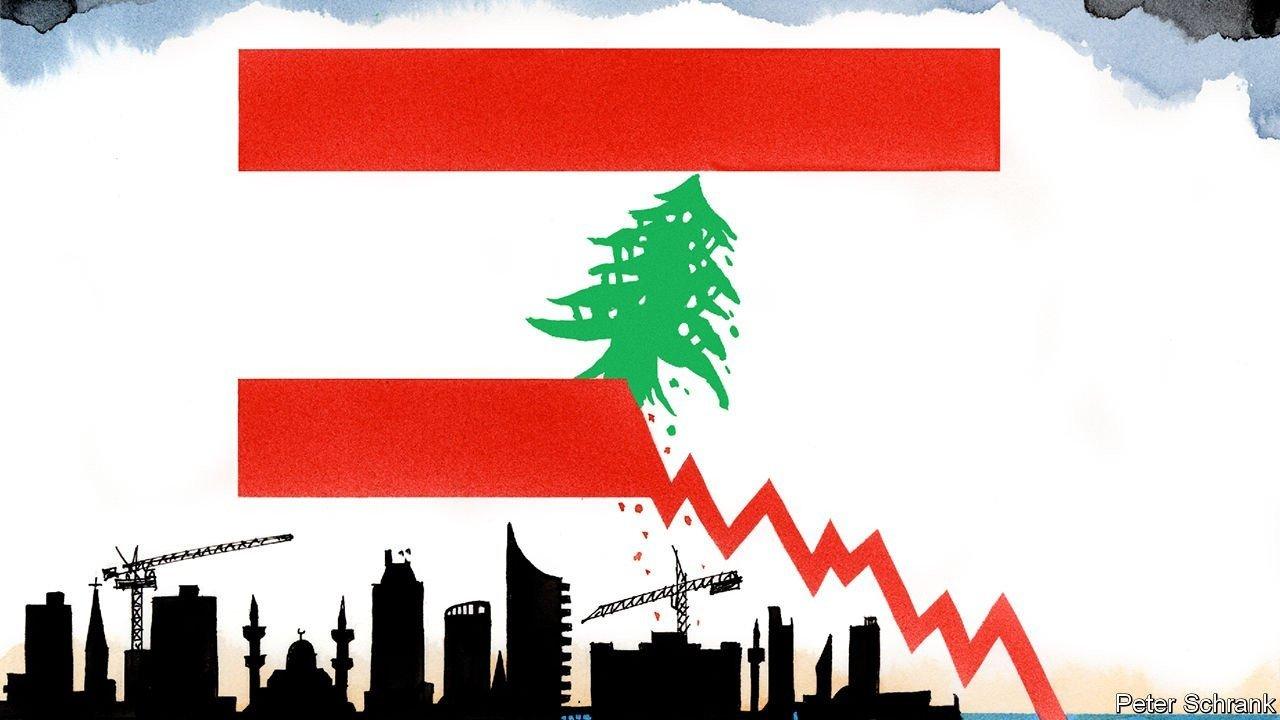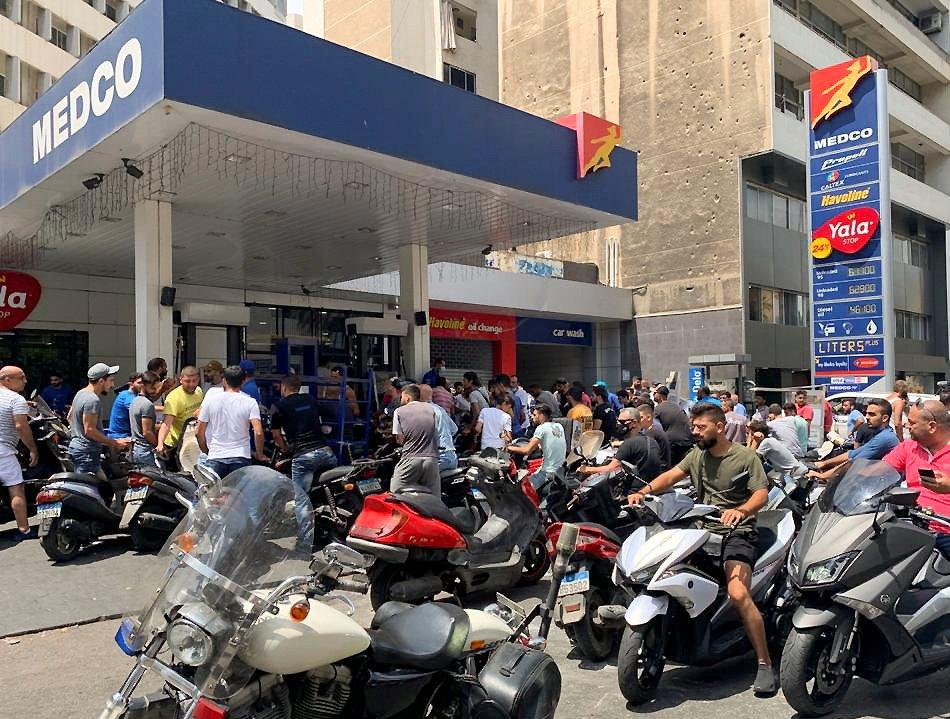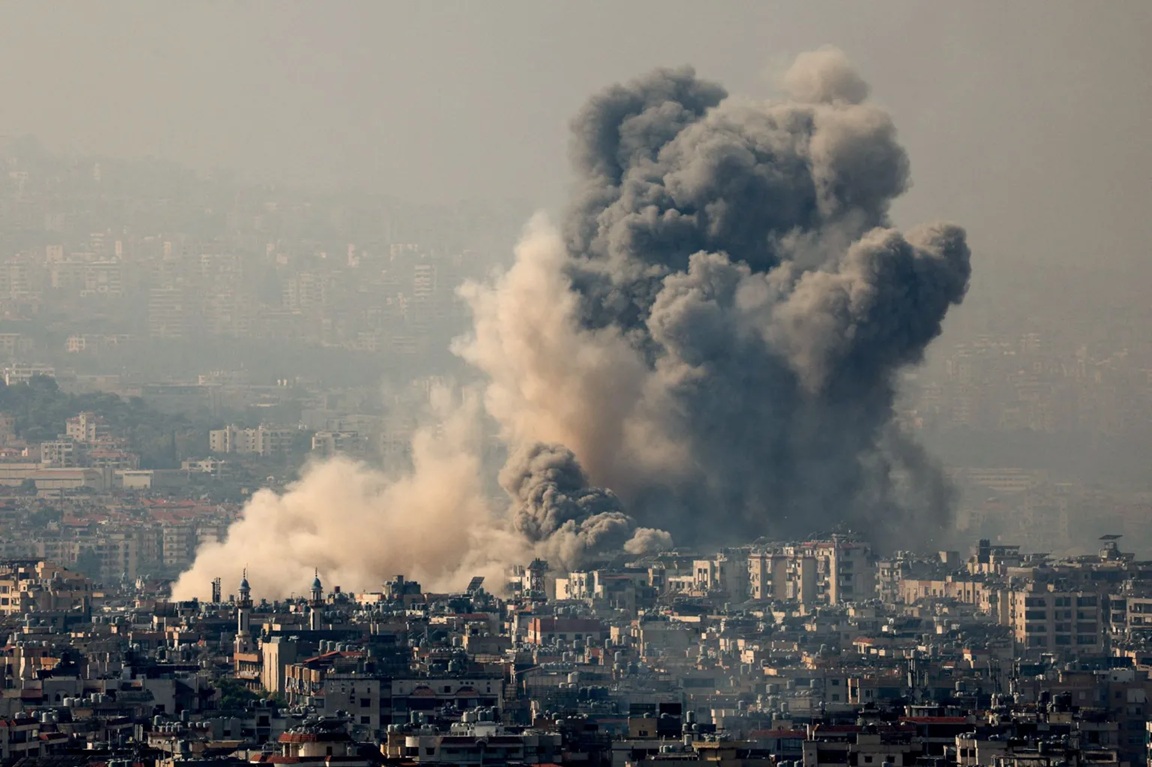
Lebanon is gripped by an epic financial crisis made worse by the coronavirus pandemic, a year of political deadlock, and a week after its confirmation.
By Mohammad Ibrahim Fheili
The new cabinet of business tycoon Najib Mikati held its first meeting Wednesday. He appointed a team who will sit across its International Monetary Fund (IMF) counterpart on the negotiation table to talk about Lebanon’s need in foreign aid to pull its collapsing economy back from the brink.
It’s worth noting that the IMF is no stranger to Lebanon, a member country since April 14th, 1947. Under Article IV of its Articles of Agreement, the IMF has a mandate to exercise surveillance over the economic, financial and exchange rate policies of its members in order to ensure the effective operation of the international monetary system.
General Economic Situation
The IMF’s appraisal of such policies involves a comprehensive analysis of the general economic situation and policy strategy of each member country. IMF economists visit the member country, usually once a year, to collect and analyze data and hold discussions with government and central bank officials. Most importantly, this is a fact that the Mikati government should not forget.
Lebanon is the third most indebted emerging economy, and has suffered from years of low economic growth. However, the worst is yet to come, or not! There is no stopping to this debt; at least not in the foreseeable future.
Despite all this, political leaders are still reluctant to come clean with a viable roadmap for political and economic reforms thinking or hoping that the International Monetary Fund (IMF) holds the magic solution! The “rescue & recovery roadmap”, as I like to call it, is much needed to evidence public sector officials’ responsibility, accountability and leadership; and that will most likely restore and boost the much-needed confidence.
It will boost citizens’ confidence in their government, and people’s confidence in their economic system. However, policy makers’ weariness of further socio political instability due to repercussion of potential austerity, even further devaluation and deposit bail-in has kept them in a state of denial!
Again, the IMF is no stranger to Lebanon; it has repeatedly urged officials to carry out “an immediate and substantial fiscal adjustments” to improve debt sustainability. Moreover, international risk rating agencies such as Fitch, Moody’s and Standard & Poor all revised and, more than once, downgraded Lebanon’s sovereign credit rating leaving its dollar-denominated debt to tumble!
All of these warning signals have been intentionally ignored by our government officials. Therefore, how Mikati’s government will dispose of the recent disbursement of the allocation of the IMF Special Drawing Rights (SDRs) - $1.3 billion were received on September 16, 2021 -will be carefully monitored and considered by the IMF and the international community as a sign of good faith by a political class that suffered from serious self-inflicted credibility and trust issues.

Accountability
The lingering issue should not, therefore, be about the restructuring and the rescheduling of the country’s public debt. It is more about the governing bodies’ responsibility and accountability to managing public resources.
The country is at a point where the only question is “when to kick off negotiation and start with credible reforms”! Once we get there, the restructuring and rescheduling of the country’s debt becomes a relatively simple administrative task.
Therefore, letting the IMF chaperone the rescue & recovery efforts has become the country’s only way out. A sovereign debt restructuring can fail in several ways; however, not considering it is totally disastrous:
The history of debt restructuring is littered with examples that fail to find a reasonable balance among these considerations. However, there has been much learning from previous experiences in debt restructuring, and the Lebanese experience need not be disruptive especially if/when handled cooperatively.
Here is Lebanon’s toolbox:
A credible and well-designed debt workout can actually be advantageous to creditors. If the restructuring is undertaken as part of a strong reform package, a Lebanon without a debt overhang will emerge as much more “creditworthy”.
Lebanon’s team of advisors, in conjunction with the IMF, will determine the overall quantum of needed debt relief required. Then, the question becomes what categories of debt should be included in the restructuring (rescheduling) pool.
Because of its oversight and financing roles enshrined in its Articles of Agreement, the IMF is often central to the debt restructuring process, and can offer:
Stalling, nevertheless, will deepen and intensify the harm and pain sustain by Lebanese! Lebanon’s March 9th, 2020, disorderly default has caused enough chaos to the country’s financial system and to the well-being of its citizens.
The IMF, in post-default cases, is, however, guided by its “Lending into Arrears” policy, which sets more specific standards for dialogue between creditors and debtors, including assessing whether the member is making a good faith effort to reach a collaborative agreement with its creditors.
Finally, exercising care is essential! Sovereigns are subject to suit in most national courts in respect of their commercial activities under the “restrictive” theory of sovereign immunity, which says that when a sovereign elect to go into the international marketplace and conduct itself as a commercial actor (e.g., such as Lebanon issuing Eurobonds), it ought to be accountable to judicial process as though it were a commercial actor.
However, unlike their corporate and individual debtor counterparts, sovereign property enjoys significant protection against seizure by judgment creditors.
Assets like embassies, consulates and military property abroad are typically shielded from attachment by national and international law. Only sovereign assets used for a commercial purpose (e.g., Middle East Airline fleet of airplanes) will generally be in harm’s way.
In short, it is relatively easy for creditors to get court judgments against a defaulting sovereign but relatively difficult for creditors to enforce those judgments. That ought not be the source of comfort a responsible fiscal authority should be looking for!
A sovereign is also unlike other debtors in that the question of when it has become insolvent may be subject to considerable debate. A sovereign’s debt can never be legally discharged in bankruptcy; debt relief can only be obtained with the creditors’ consent. Thus the critical importance of adequate preparation and negotiation.
Despite efforts by some members of the international community to promote such a measure, there is no formal national or international bankruptcy mechanism for sovereigns. Sovereign debt workout procedures have, therefore, evolved over many decades in the absence of any institutional framework.
Such procedures exist, they just can’t be found in a code or statute book. This, in fact, plays to the advantages of a country if it comes to the negotiation table well tooled, adequately armed, and utterly prepared.
Mohammad Ibrahim Fheili is a Lebanese Banker and Risk Strategist & Capacity Building Expert. He has over 30 experience in the Levant region. This is his first contribution to the Levant News.






